The Esteemed Gentleman Articles
A Simple Guide On How To Make Your Fragrances Last Longer
You just bought a brand-new bottle of cologne. You open the box, spray some on, then go out to meet your friends. You ask a friend to give you their honest opinion on it as you lean in towards them.
They sniff and sniff and sniff again. "I don't smell anything." You're shocked. Was it defective? A fake? Did you not apply enough? The answer to all three questions is likely no.
The culprit is improper application—a common mistake everyone makes at least once in their lifetime.
So how do you make your fragrance last? This simple guide will teach you how to make your fragrance go from lasting 15 minutes to being an all-day workhorse that doesn't stop until you do. Here's what you need to do:
Understand The Different Concentrations Of Fragrances
The concentration of a fragrance refers to the amount of essential oils inside the bottle. A fragrance with a higher concentration will be stronger and last longer compared to one with a lower concentration. This is also reflected in the cost.
Here is a summary of fragrance concentrations from lowest to highest. Please note that this is a general guideline:
- Eau Fraiche (EDF) and most aftershaves – 1-3% concentration, will last 15 minutes to 2 hours
- Eau de Cologne (EDC) – 2-4% concentration, will last 2-3 hours
- Eau de Toilette (EDT) – 5-15% concentration, will last 3-6 hours
- Eau de Parfum (EDP) – 15-20% concentration, will last 4-8 hours
- Parfum – 20-40% concentration, can last 12+ hours
Note: Concentration percentages and times can vary based on various factors such as brand, quality of ingredients, location of application, temperature, and body chemistry.
It is also good to know that lighter scents like citruses, ozonic/oceanic notes, fresh notes, and light florals will dissipate quicker than heavier ones like woods, spices, and resins.
These lighter notes are usually found in the "top notes" of a fragrance and will only last for a few minutes to an hour. The heavier notes are referred to as "base notes" and can last for hours.
Apply Your Fragrance After You Shower
A good scrub in the shower (and following a proper hygiene routine) ensures there's no dirt, bacteria, or excess oil on your body that could make you smell foul. A clean canvas is best for scents.
Once you've stepped out of the shower, be sure to dry yourself off completely. Any excess water on your body could trap fragrance particles and be wicked away once you put clothes on.
If you apply a moisturizer as part of your hygiene routine, put it on before you apply your fragrance. Be sure to let it fully absorb. If it is scented, wait 10-15 minutes for the scent to dissipate to ensure it won't clash with your fragrance. Some people use Vaseline on spots where they spray their fragrance to create a barrier. This is ideal if you have extra oily skin or produce a lot of sweat.
Note: Dry skin can absorb fragrances quickly, reducing their effects. You can prevent dry skin by applying moisturizer when needed, drinking lots of water, and avoiding too much direct sunlight.
Do NOT Spray Your Fragrance In The Air Then Walk Through The Mist
Spraying your cologne into the air and then running through it is one of the worst ways to apply a fragrance. Not only does this method drastically diffuse the fragrance, but since liquid is heavier than air, it'll also end up all over your floor causing a potential slipping hazard.
As the particles settle, they may leave a sticky residue wherever they land, including on hygienic items like your toothbrush. This can create an unwanted extra flavour the next time you go to brush your teeth. It can also be harmful to your pets should it land on something like a toy or their bed.
Apply Your Fragrance To Pulse Points
Pulse points are areas on your body where the blood vessels are close to the top of your skin. These areas include your neck and throat, behind your ears, and your wrists. These areas are warmer than other areas on your body, allowing the fragrance to project further. This also lets the fragrance open up, exposing more of its deeper, richer notes and composition.
A couple lesser known but excellent pulse points for warmer weather are the inner parts of your elbows and behind your knees. These are great spots if you are wearing short-sleeved shirts or shorts. Don't use these pulse points if they will be covered by clothing, since the fragrance won't project at all.
Avoid Rubbing Your Fragrance In
A common misconception when applying a fragrance on your wrists is that you need to rub it in. Some people claim this is to excite the chemicals, making it last longer, while others think it will help open the scent up, revealing more of its character. Either way, it's best to avoid this practice since doing so can damage the molecular structures in the fragrance, altering its composition.
Rubbing your wrists together also generates heat, which can cause the scent to lose its longevity. If you have an open cut or wound on your wrist, spraying it with fragrance will cause a lot of discomfort, pain, and possibly an infection.
Alternatively, You COULD Spray Some Fragrance In Your Hair
This method of fragrance application has the community divided. The people against this method agree that the alcohols in the formula can dry out and damage your hair. Those on the other side of the fence think it's a great way to keep your fragrance off your skin and clothes and create a scent trail that others will smell right away.
If you decide to spray your cologne in your hair, be mindful of any scented hair products you may be using as these will clash with the scent of your fragrance. You could also spray your comb or brush before running it through your hair. Be careful to not overspray as this could cause residue and buildup on your comb which could snag your hair next time you comb or brush it.
Spray Fragrance On Your Clothes Instead Of Your Skin
Spraying a fragrance on your clothes can help it last longer since the scent particles can get locked into the fibers. However, you can run the risk of staining your clothes depending on the colour of your clothing and the liquid in the bottle. If you are unsure, spray a small amount in an inconspicuous area first before applying to other areas.
Some people claim that spraying your fragrance on clothes won't give you the full olfactory experience you would get from spraying directly onto warm skin. Direct contact with skin causes the molecules to become excited, making the scent project more. If you work in an office or close to others, spraying your clothes will keep you smelling great within arm's distance without affecting anyone nearby.
Avoid Fakes And Counterfeits (If It's Too Good To Be True, It Probably Is)
If you come across a bottle of cologne at a hugely discounted price, proceed with caution. Many knock-off websites (we won't name any here but we're sure you know what ones we're talking about) have no qualms about selling fake products, including fragrances, to consumers to make a profit.
Fakes may look like their authentic counterparts, but that's where the similarities end. Often, these cheap versions are low quality, watered down, and don't even smell like the fragrance they're trying to imitate. They're usually marked down well over 50% and claim to be legitimate but aren't.
Always purchase items from a legitimate, trusted retailer. Whether it's a physical store or online; do your research to avoid being scammed. If you are not sure if the fragrance you have is real or fake, check the bottom of the bottle and/or box for a batch code. You can enter that code on website such as CheckFresh to see if it is authentic or not.
Clone Fragrances Can Be An Affordable Alternative
Unlike knockoffs, clone fragrances (also known as "dupes") are completely legal and sold by fragrance houses as affordable alternatives to high-end colognes and perfumes. Many clones copy the DNA of a popular scent then sell it at a much cheaper price. These scents are similar enough that most people won't know the difference, sometimes even when compared side by side with the original.
Clone fragrances are made with lower quality ingredients than the scent they're copying. You won't get the same longevity or projection, but since clones are so affordable, you can add an extra spray or two or re-apply later in the day. This also means that if you have an expensive signature scent, you can save it for special occasions and use the clone for daily wear.
Some easy ways to find clones include using Google or YouTube (some fragrance reviewers do entire videos on clones), and checking fragrance-related forums on sites like Reddit and Fragrantica.
Take Care Of Your Fragrances If You Want Them To Last
We have an entire article dedicated on how to properly store fragrances, but here are a few key tips to remember:
When you're done spraying your favourite scent, be sure to put the cap back on and place the bottle in a cool, dry place away from direct sunlight and heat sources. Putting the cap back on protects the atomizer from damage and prevents the liquid from evaporating.
Direct sunlight and heat can excite the molecules inside the bottle which will greatly decrease the longevity and make the fragrance smell bad.
If you have a tester bottle that didn't come with a cap, or your cap has been misplaced or broken, you can use a small piece of plastic wrap and secure it tightly with a hair elastic or some tape. Be sure to cover both the nozzle on the atomizer and where it meets the bottle to ensure a full seal.
Summary
Every fragrance, no matter the price or concentration, will last longer, project more, and smell better when it's properly applied. Be sure to follow this simple guide when you want to be the best-smelling guy in the room, impress your date, or boost your confidence.
When you subscribe to the article, we will send you an e-mail when there are new updates on the site so you wouldn't miss them.



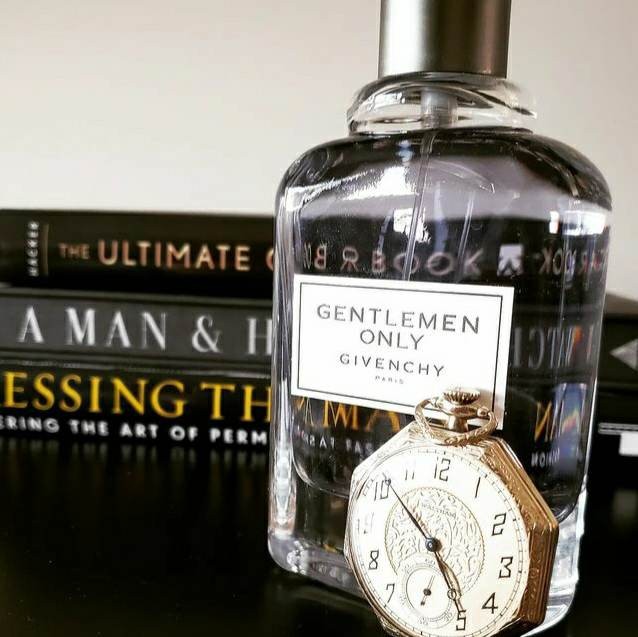
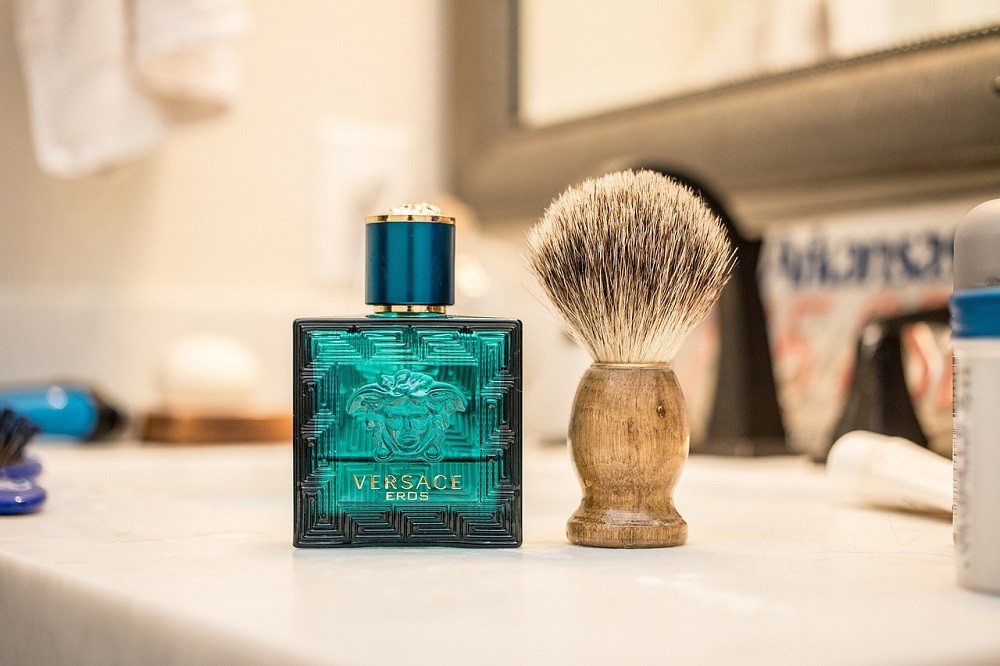
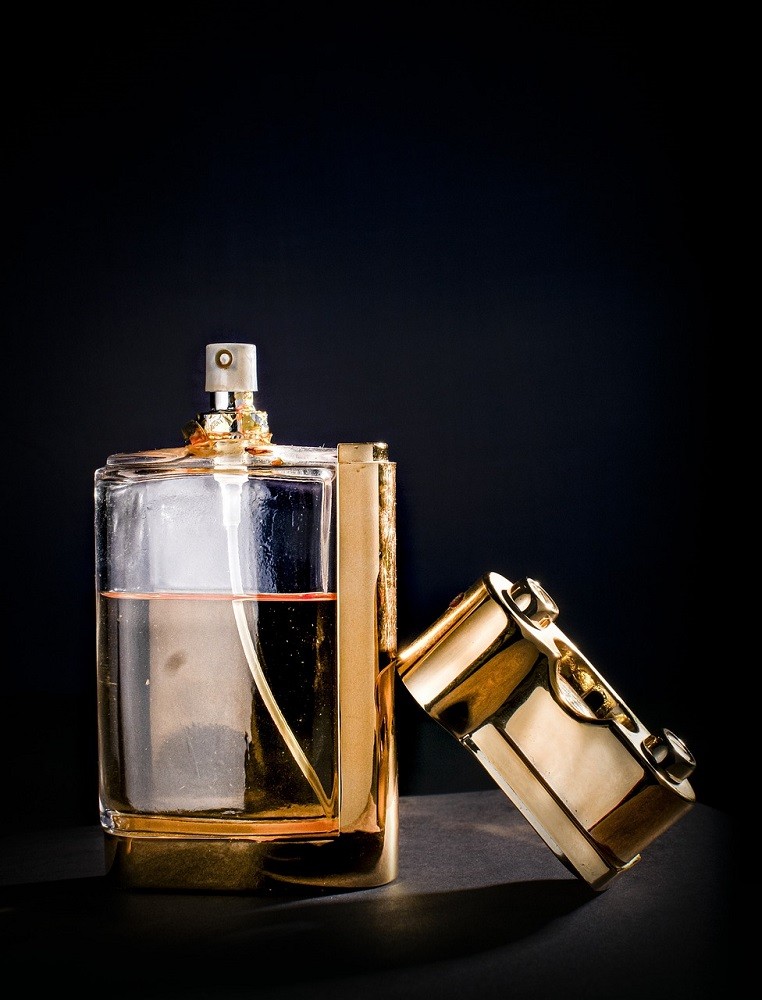
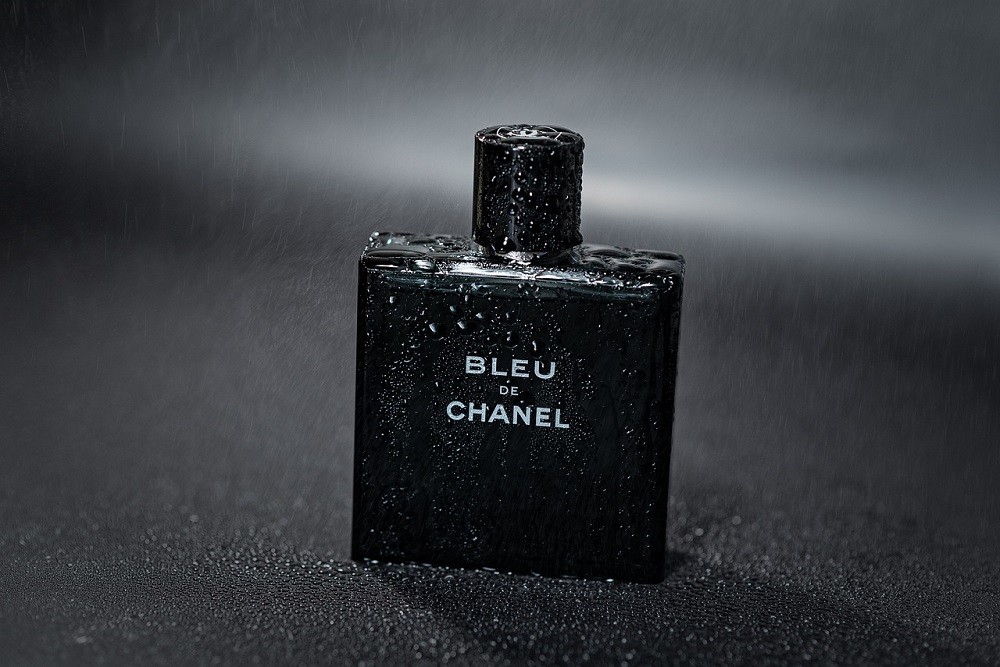


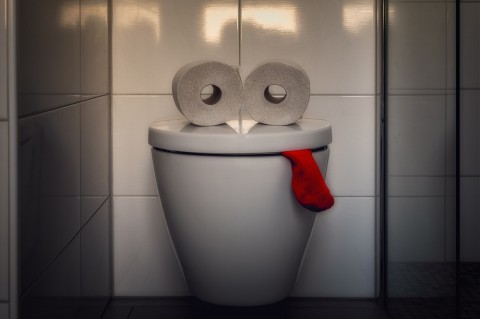
Comments